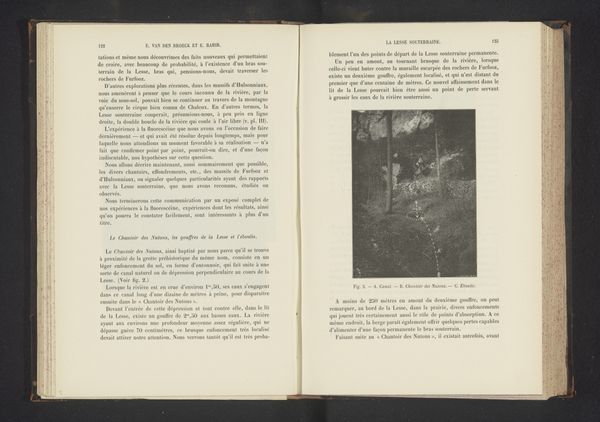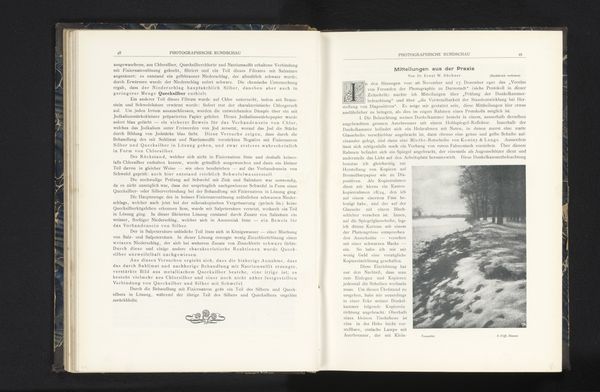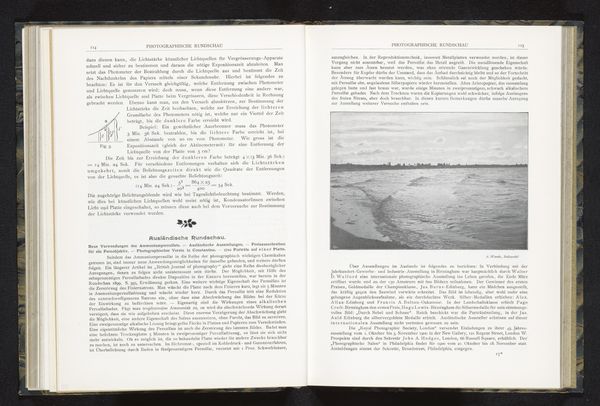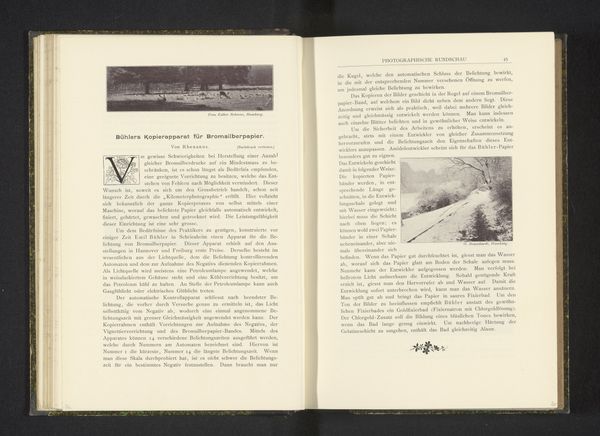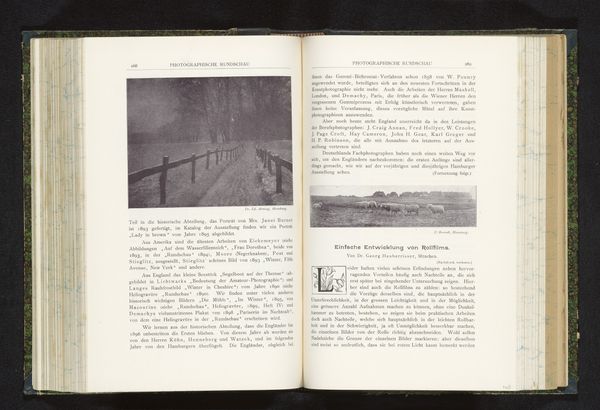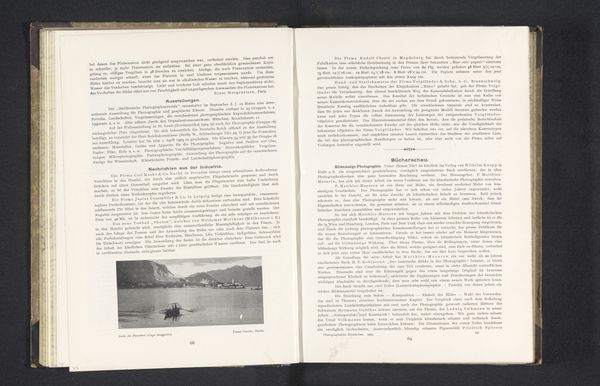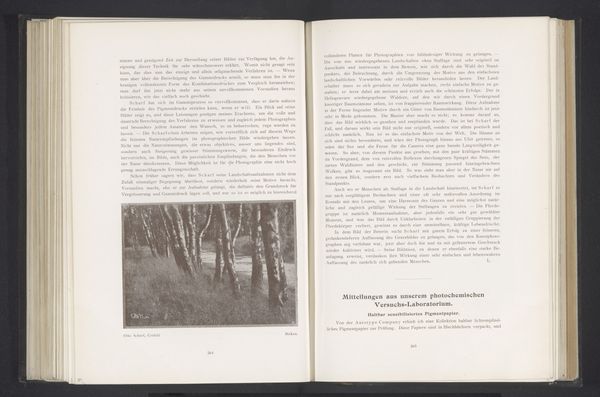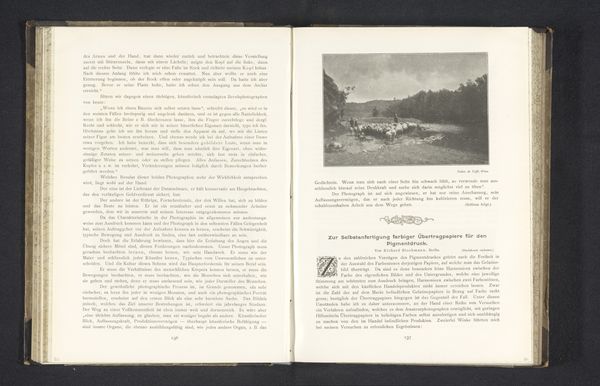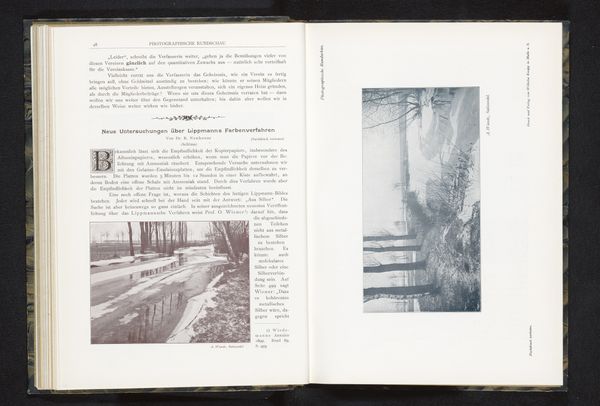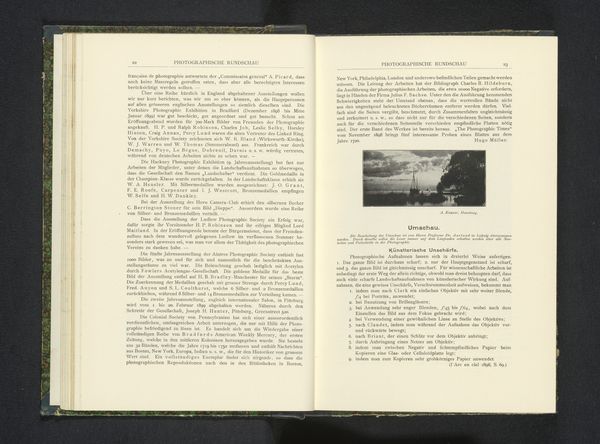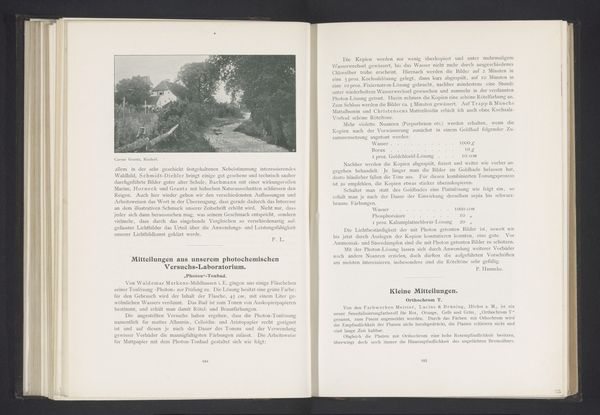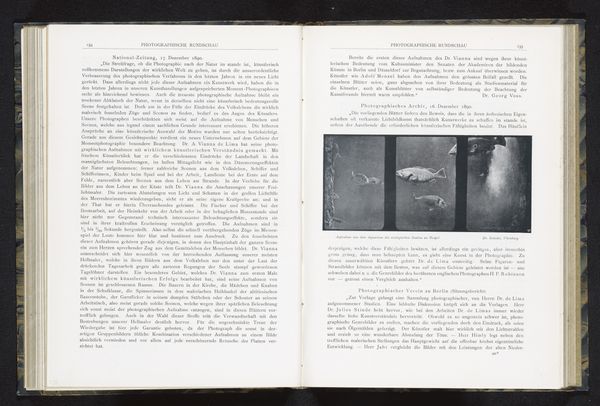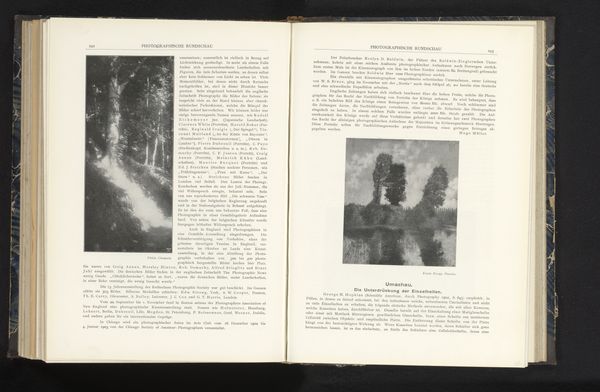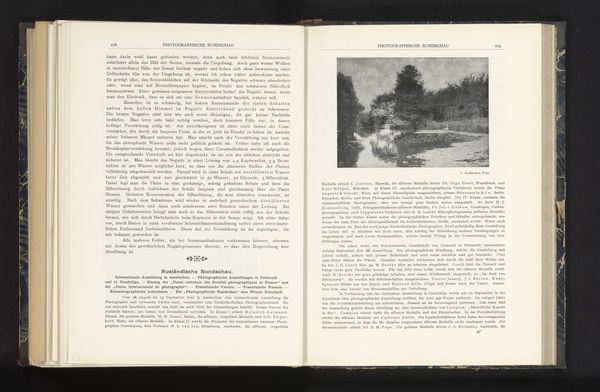
print, photography, gelatin-silver-print
#
aged paper
#
still-life-photography
# print
#
landscape
#
photography
#
gelatin-silver-print
#
monochrome
Dimensions: height 111 mm, width 145 mm
Copyright: Rijks Museum: Open Domain
Editor: So, here we have Otto Scharf's gelatin-silver print, "Landscape with a sculpture of Christ on the cross to the left," dating from 1900-1901. It has an undeniably somber and somewhat stark feel. What do you see in this piece? Curator: Well, putting it in historical context is key. Around 1900, there was a growing public discourse about industrialization and its impact on nature. Photography was often used as a tool to document and, subtly or overtly, critique these changes. Considering the social anxieties of the era, does the starkness feel less like a personal statement and more like a broader commentary? Editor: That's interesting. So, the seemingly desolate landscape, even with the crucifix, isn't necessarily a religious statement but a social one? Curator: Precisely! And look at where the crucifix is positioned—off-center, almost consumed by the environment. It speaks to a shifting societal relationship with established religion amid rapid modernization. Does this make you rethink the emotional impact? Is it less about individual faith and more about a culture in transition? Editor: I see what you mean. I was initially focusing on the solitary nature of the cross, but the context you're providing changes everything. It shows the power of photographs to engage with important social matters. Curator: Exactly! Art serves as a mirror and sometimes a catalyst, reflecting and shaping public perceptions. Hopefully we learned about photography and it’s function in its social, cultural and institutional setting, its effect in that society. Editor: Absolutely. I now appreciate how photographs engage with larger public themes that surround their creation. It gave me new knowledge on landscape depictions and shifted mentalities from modern history!
Comments
No comments
Be the first to comment and join the conversation on the ultimate creative platform.
